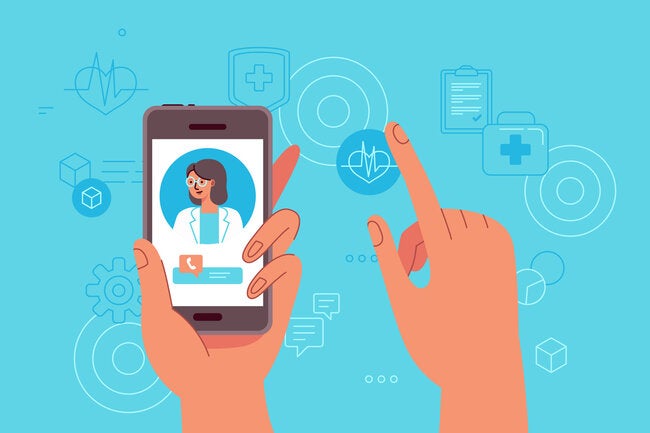Montevideo, March 7, 2024. Maternal care in Latin America and the Caribbean, according to a recent multilateral assessment conducted by a team of experts led by Ariadna Capasso, Bremen de Musio, Dora Ramírez, Mercedes Colomar and Suzanne Serruya. is undergoing a digital health-led transformation.
This study examines information and communications technology (ICT) in health centers in nine countries in the context of the coronavirus disease (COVID-19) pandemic: Argentina, Bolivia, Colombia, Dominican Republic, Ecuador, Guyana, Honduras, and Paraguay. ) was analyzed using a mixed method. And Peru. In addition, 27 health agency ministries and health care providers were interviewed.
Critical and life-saving maternal health care is an area where digital health can close the gap and move towards health equity.
Main results::
- Of the 1877 facilities surveyed, 82% reported using ICT for maternal and child care, ranging from 64% in the Dominican Republic to 96% in Peru.
- 59% of institutions reported that their use of ICT has increased (or for the first time) since the start of the pandemic.
- ICT was mainly used for family planning counseling (64%) and breastfeeding (58%), with the main medium being the telephone (82%).
Additionally, availability of equipment, internet coverage, and skilled human resources in health facilities were identified as determinants of ICT usage. Adoption of ICT requires government commitment and national investment in digital infrastructure.
The study concludes that digital health in maternal care is based on commonly available technologies and has proven to be a sustainable and reproducible strategy. However, despite these advances, disparities in digital access remain, especially for facilities in rural and remote areas. This emphasizes the need for long-term efforts by each country.
This study provides valuable insights that highlight progress to date as well as areas where digital health needs to be strengthened to advance equity in maternal care.
Access publications.


